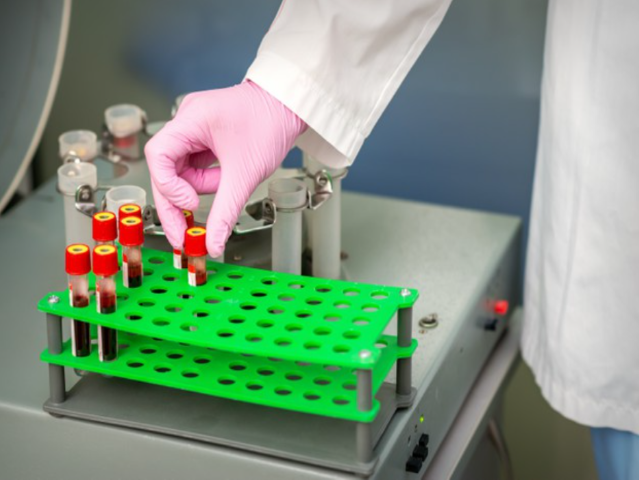How to motivate blood donors: insights from a large German hospital
What Problem Was This Research Addressing? Despite the introduction of restrictive transfusion policies and patient blood management strategies, blood collection services still face multiple challenges in meeting supply. An ageing population and an increase in the number of medical innovations available have increased the demand for care and thus for blood and blood products. Furthermore, the short shelf life of blood (3-5 weeks) makes the stockpiling of reserves challenging and the unpredictable nature of events such as natural disasters (e.g. floods, storms, etc.) and viral epidemics such as influenza may increase the short-term demand for blood, making meeting supply challenging. We report changes in whole blood donations, donors and their behaviour over 9 years at a large German teaching hospital. Methods An analysis of over 34,000 donors and 265,000 donations from a large university hospital’s blood centre was conducted using data from July 2008 to December 2017. The analysis focussed on (a) whole blood donations and (b) donor characteristics and how they changed over time. We categorised donors into four categories according to their donation activity (First-Time, Highly Active, Active and Reactivated). Research Findings We observed falling donations over time and an increase in the average time between donations, suggesting that donors donated less frequently. The results show a peak in donations in 2011 with over 31,000 donations and a steady decline in donations over time falling to 24,520 donations in 2017. Furthermore, we show a downward trend in the number of Highly Active donors and a more stable trend in First Time donors. Highly Active donors dropped to just over 5,500 donors in 2017 from 6,851 donors in 2009. We also provide evidence that donors donated well below their donation capacity and that the blood type of donors appeared to be in line with the wider German donor population. In line with other regions in Germany, the Netherlands and Switzerland, we observe falling donations and donors. The trends observed in the blood donation context appear to contradict a wider trend observed in prosocial activities across Germany reported in the case of volunteerism, where despite volunteers spending less time volunteering, participation rates have increased from 35.9% in 2009 to 43.6% in 2014 according to a large government survey. The return rates following a first time donation in particular fell quite substantially over the time period, falling from 72% in 2008 to 57% in 2016. Policy Relevance of Research The findings are relevant to blood collection agencies in that they provide information for guiding future recruitment campaigns. Highly Active and former Highly Active donors should be carefully considered when planning donor engagement strategies and effort made in (at the very least) maintaining their donation activity. We show a large drop in return rates among first-time donors, we therefore recommend developing interventions that aim to improve donor retention for early career donors. Given that we observed a higher preference for donations at lunchtime, before and after work, we recommend centres consider extending opening hours to accommodate for these periods.
Keywords
health, blood donation, Germany



